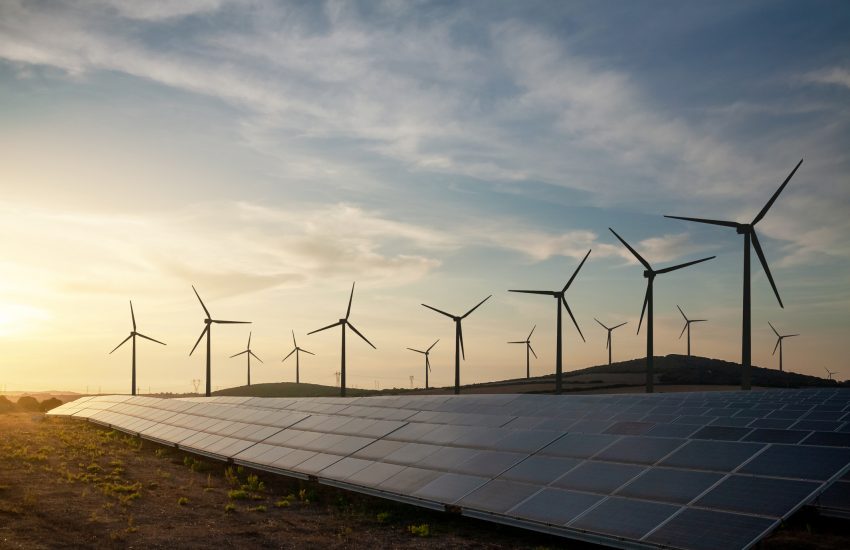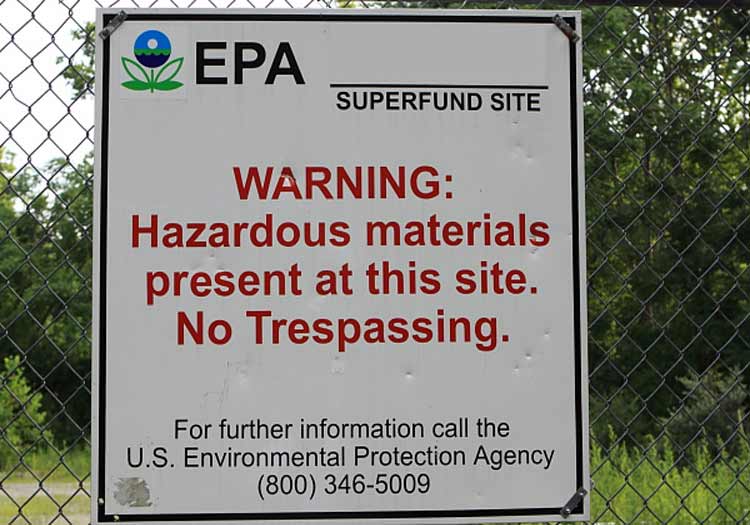The pendulum of policy on the environment was sent pounding back toward regulation again when the Biden administration issued new directives for greenhouse gas emissions.
The Interim Guidance on Consideration of Greenhouse Gas Emissions and Climate Change (“Interim Guidance”) seeks to:
- Clarify best practices for assessing greenhouse gases under the National Environmental Policy Act;
- Fast-track evaluation of renewable energy projects, and;
- Recommend reduction of harmful greenhouse gases by federal agencies. (One of the ways it does this is by requiring federal interaction and engagement with










